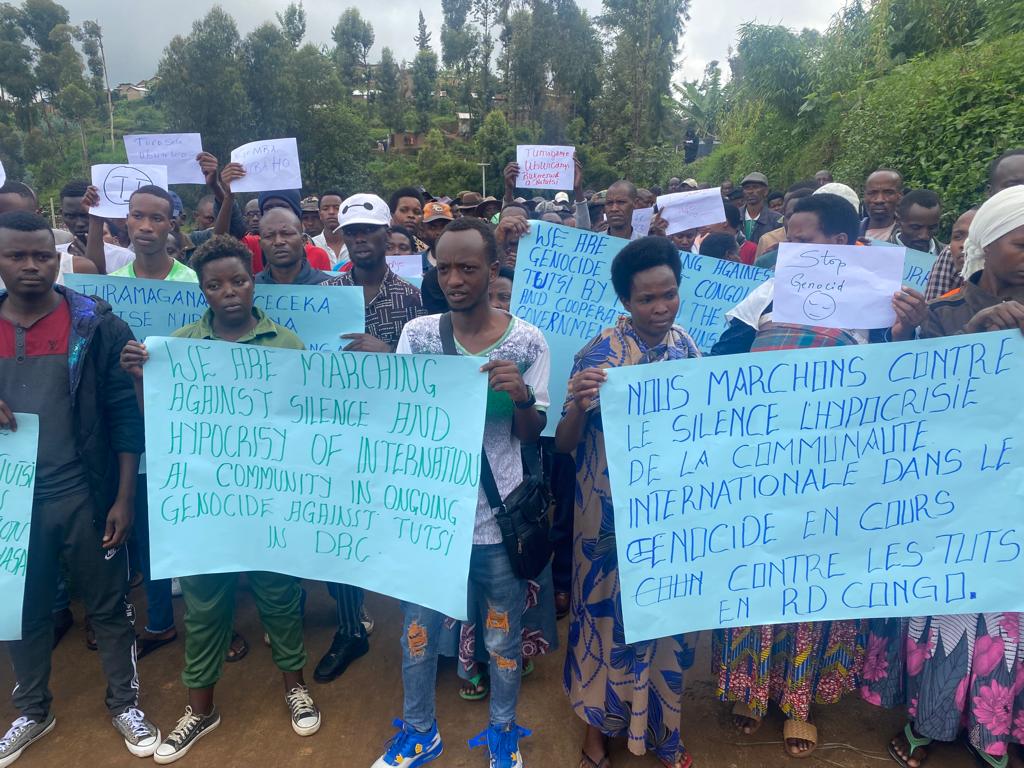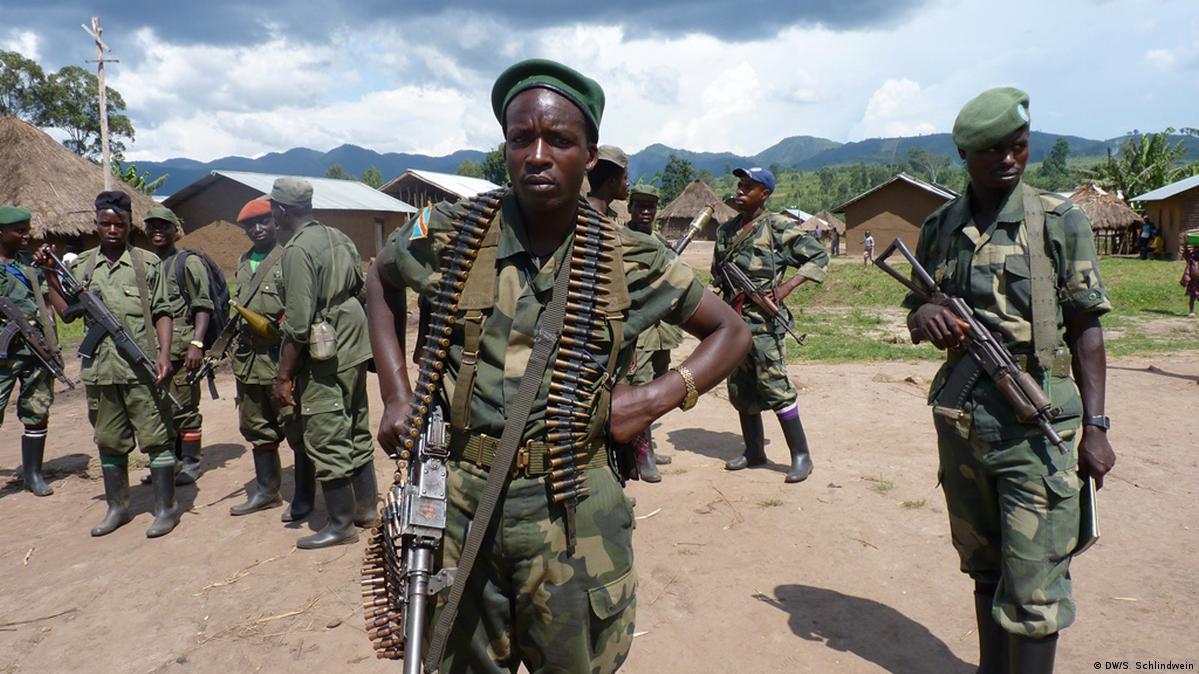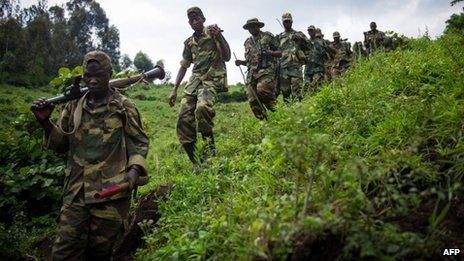Regional
DRC: Refugees can only return after root causes of insecurity are eliminated

On
February 17, East African Heads of State convened in Addis Ababa, Ethiopia on
the sidelines of the African Union Summit and reviewed the security situation
in eastern DRC. Among the key recommendations
of their mini summit was; the repatriation of Congolese refugees living in
Rwanda and Uganda as well as the resettlement of internally displaced people.
This
was a commendable move, taking in the fact that despite holding several
meetings, this time Congolese refugees’ problem became a priority for regional
leaders.
After
the meeting, DRC government Spokesperson Patrick Muyaya said that his “government
will work for a rapid return of our compatriots in compliance with the rules of
UNHCR and by closely involving the local notables.”
Despite
all these good declarations; one question remains unanswered - will these
refugees return to the same persecution and killings they fled from?
By
February 2023, the UN Refugee Agency reported more than one million Congolese
refugees and asylum-seekers in countries bordering DRC where nearly half of
them sheltered in Uganda (479,400). Others are scattered in Burundi 87,500;
Tanzania 80,000; Rwanda 72,200; Zambia 52,100; the Republic of the Congo 28,600
and Angola 23,200.
In 2022
alone, Rwanda and Uganda received more than 100,000 refugees from eastern DRC
fleeing persecution and a consistent threat to their lives. The majority are Kinyarwanda
speaking Congolese.
Muyaya
made the fake promises to the Congolese refugees, ignoring that his government
and International Community continue to disregard the root causes of the
insecurity in DRC, and divert the international opinion by blaming everything
on the M23 rebellion which started the struggle because of the insecurity in
the region.
But what
is the root cause of insecurity in eastern DRC?
The
current insecurity situation in eastern DRC, deteriorated in 1994, when the
individuals who were responsible for the Genocide in Rwanda fled to former
Zaire, now DRC. Instead of disarming them, Mobutu Sese Seko’s regime welcomed
them with their genocide ideology against the Tutsi ethnic group, and anger after
the defeat by the RPF.
From
then, they formed an armed group currently known as FDLR, and continued their
military trainings unhindered. After two
years, in 1996, they started killings targeting Congolese Tutsi in eastern DRC
with the aim of exterminating them. Survivors were forced into exile in
neighboring countries.
The génocidaires
mingled with the Congolese population, managed to continue their anti-Tutsi
propaganda and spewing their genocidal venom to the host community.
This
has triggered an escalation of hate speech and incitement to discrimination,
hostility against Kinyarwanda speaking Banyamulenge calling on them to return
to Rwanda.
After
noticing that their government is unwilling to protect them but supports génocidaires
to exterminate them, Rwandophones formed a self-defense armed group RCD which changed
name to CNDP in 2006.
The changed
to the ‘M23 rebellion’ in 2012, fighting for the same cause of stigmatization
and torment of Rwandophones in eastern DRC. In the past, they signed a number
of peace agreements with the Congolese government, aimed at finding lasting
solutions to the insecurity in the country’s volatile east. But the government
lacked the political will to respect the treaties.
The DRC
governments is still unwilling to neither honor the agreements nor dialogue
with the M23. Yet, it continues collaborating with FDLR which is the main
threat to Tutsi communities whom M23 rebels fights to protect.
Thinking
of repatriating Congolese refugees without addressing the underlying cause of divisions
and violence is only possible in imagination. Refugees can only return home if
Kinshasa and the international community listen to them, and sort out what made
them flee their home country in the first place.
They
should enforce laws that prevent and punish genocide related crimes, initiate measures
that eliminate discrimination, teach and encourage tolerance among the population,
combat impunity and extradite genocidaires to Rwanda to guarantee that the Congolese
Tutsi are safe and secure.


.jpeg-20230222113211000000.jpeg)

.jpg-20230221102203000000.jpg)

